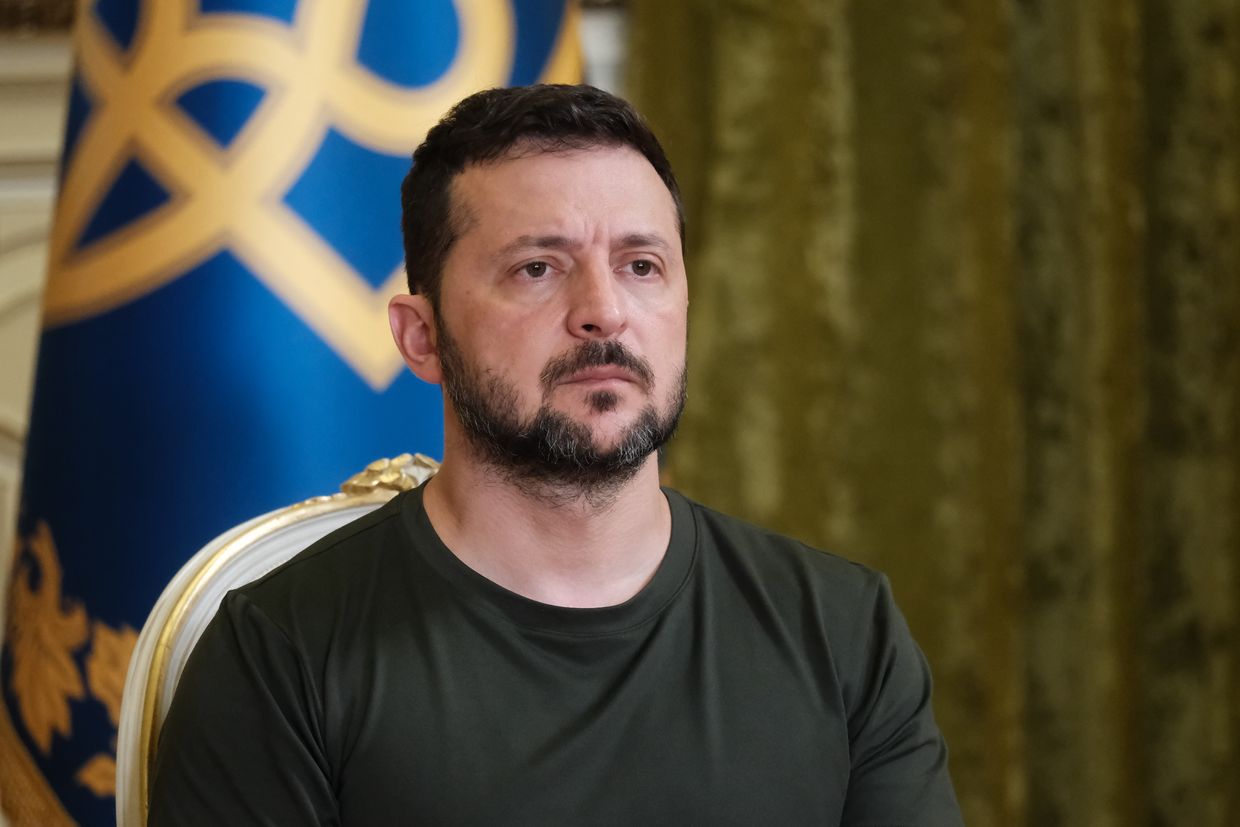US doesn't defend Ukraine with THAAD system like Israel due to 'different capabilities,' Pentagon says

The United States is not deploying a Terminal High Altitude Area Defense (THAAD) missile battery to protect Ukraine, as it will do in Israel, given the different defense capabilities of the two nations, Pentagon spokesperson Sabrina Singh said at a briefing on Oct. 15.
Following Iran's recent attack on Israel, Washington authorized the deployment of the THAAD in the country to bolster Israel's missile defense capabilities. The advanced surface-to-air interceptor is designed to shoot down incoming ballistic missiles.
Iran reportedly launched more than 180 missiles at Israel on Oct. 1 amid rising tensions in the Middle East. Russia regularly attacks Ukraine with dozens of Iranian Shahed-type drones and missiles, targeting civilian infrastructure.
When asked why the U.S. would not deploy the THAAD system in neighboring Romania or Poland to help defend Ukraine's west from Russian attacks, Singh cited different commitments to the countries, including a longstanding partnership with Israel.
"Different capabilities, different wars, different regions. The commitments also to Israel and Ukraine are different," she said, adding that "it is a little bit of apples and oranges here."
According to Singh, the Biden administration continues to support both Ukraine and Israel in meeting their different needs.
President Volodymyr Zelensky said Ukraine's neighboring NATO countries could help shoot down Russian aerial targets over Ukraine too, but the partners "are not yet ready" for this.
"What works in the skies of the Middle East and helps Israel's defense can work just as well in the skies of our part of Europe – in Ukraine – helping to save lives," he said on Oct. 3.
Asked in early October why the West could not help Ukraine shoot down Russian missiles as it did during Iran's recent attack on Israel, Singh said that these are "two very different landscapes and battlefields." According to the spokesperson, such a move would involve the United States in Moscow's full-scale war.












